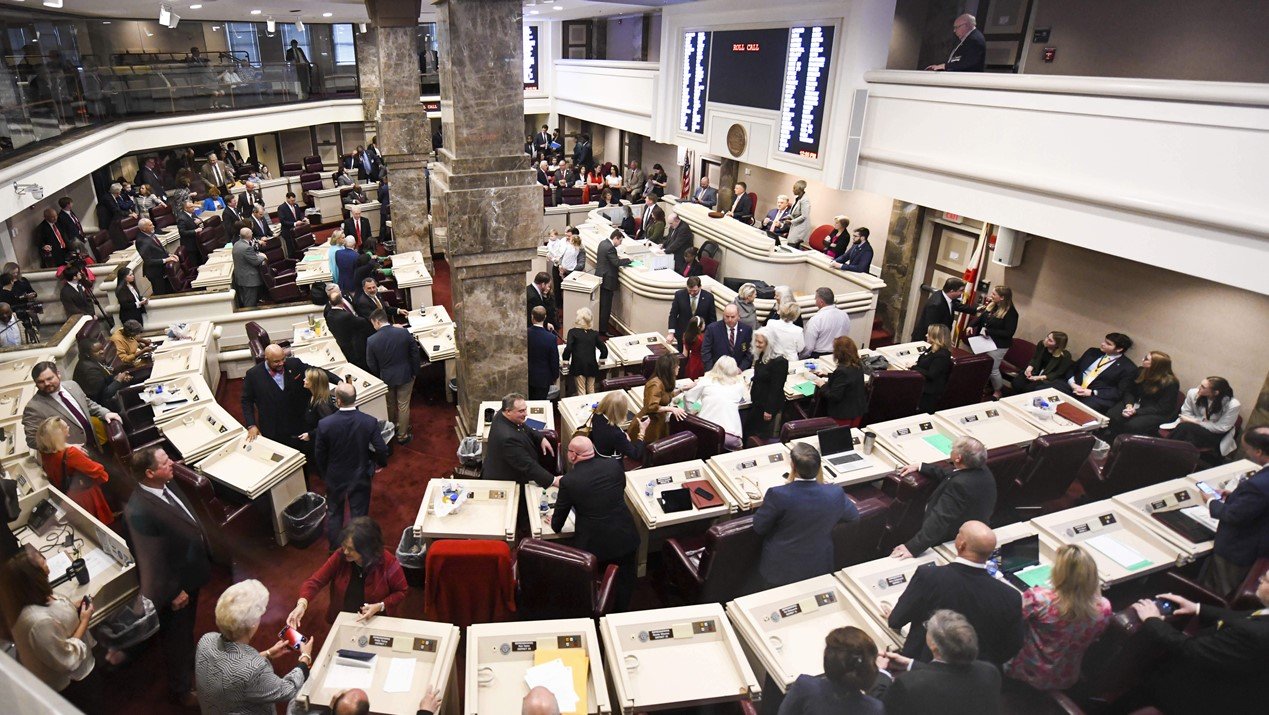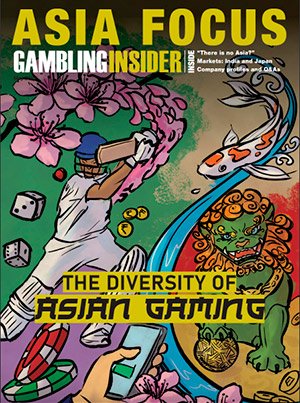India's pro-gaming group highlights reveneu potential if activity legalized

In view of this transformation in the gaming industry, All India Gaming Federation (AIGF), a not-for-profit organization registered under the Societies Registration Act, 1860 and headquartered in Mumbai, an apex body came into existence, to focus on policy advocacy, research and forum for discussion amongst various stakeholders associated with the gaming industry.
The AIGF aims at dealing with issues surrounding the gaming industry, and will comprise of game operators, players, social activists, lawyers, economists, policy analysts, industry experts, legal & advisory firms, technology companies, gaming designers, payment gateway vendors, gaming bloggers and responsible gaming companies.
There is a fundamental difference between the Games of Skill and Games of Chance. The Supreme Court in 1967 in State of Andhra Pradesh, vs R Satyanarayana, ruled that the game of rummy is a game involving substantial degree of skill. In 1996, the Supreme Court in K R Lakshmanan vs State of Tamil Nadu ruled that betting on horse-races is a game of mere skill.
In subsequent cases, this position has been ratified. Similarly, the game of poker has also been recognised as a game of skill by courts in Karnataka and Calcutta and legislations in West Bengal and more recently in Nagaland.
““Not many people are aware that games like poker, rummy and fantasy cricket are already permitted legally even if there are stakes or money involved
”
AIGF was officially launched in New Delhi to emphasise on the positive aspects of the gaming industry in India, which was brought to light through a Panel discussion amongst eminent personalities from various fields. The panellists include Mr. KTS Tulsi (Senior Advocate Supreme Court & Hon’ble Member of Parliament, Rajya Sabha), Mr. Kirti Azad (Former Cricketer & Hon’ble Member of Parliament, Lok Sabha), Mr. Ranjit Sinha (Former CBI Director) and Ms.Rosalind Wade (Managing Director, Asia Gaming Brief, Hong Kong), who will participate via video conferencing.
The objective of the event was to create a positive imagery, as well as make all stakeholders and the general public aware about the industry.
According to a 2010 KPMG report, gambling and betting in India is worth over $60 billion, most of which is largely gray.
““A recent report from the International Centre for Sports Security (ICSS) estimates the betting market in India to be worth over $130 billion
”
FICCI estimates that the revenue potential by legalising betting and gaming could be around Rs. 20,000 crores. Since gambling is a victimless crime and the 1867 law is not seriously enforced, it would be best to legalise the activity to relieve India's fiscal deficit. The funds generated from this activity could be used to fund social and infrastructure schemes and promote sporting activities. To support these findings, Mr. Roland Landers (CEO, AIGF) projected on the objectives of the AIGF which includes finding solutions to issues faced by the industry, allowance of FDI and technology collaboration, promote responsible gaming, ensure Player Protection and work towards opening up the gaming industry, which will eventually contribute to the economy of the country.
He was quoted saying, “The gaming industry has tremendous potential for bringing revenues for the exchequer provided it is regulated fairly and taxed at a reasonable rate. ”If betting is legalised, it will be possible to monitor the betting patterns in a given sport. Therefore the menace of fixing in sport can be curtailed to some extent by identifying suspicious betting patterns by punters and sharing it with sports federations or law enforcement agencies."
Globally, there are agencies to monitor betting patterns which assist organisations like FIFA in identifying particular bets which may be a threat to the integrity of sports.Legalising betting will also allow reputed gaming companies to enter the market and curb the activities of criminal elements. Additionally, it will dry up funds of the underworld, which has used earnings from betting to fund terrorist organisations.
















































